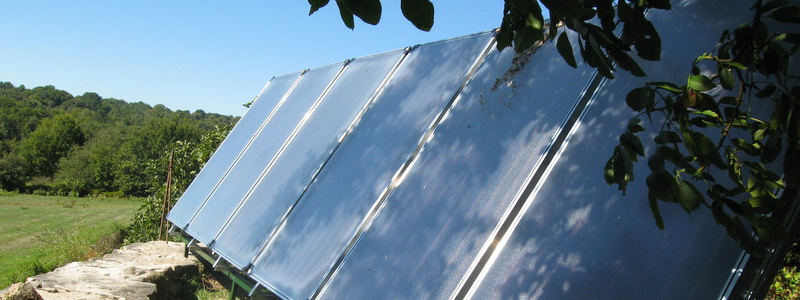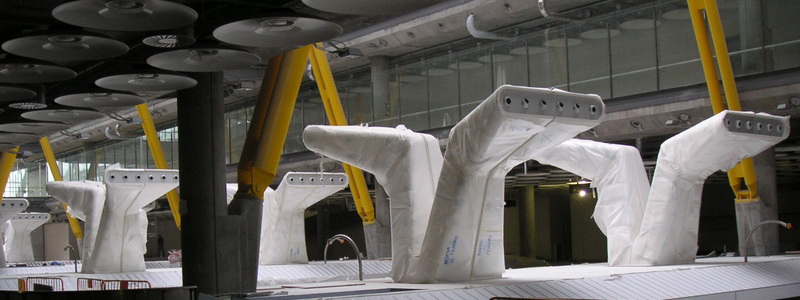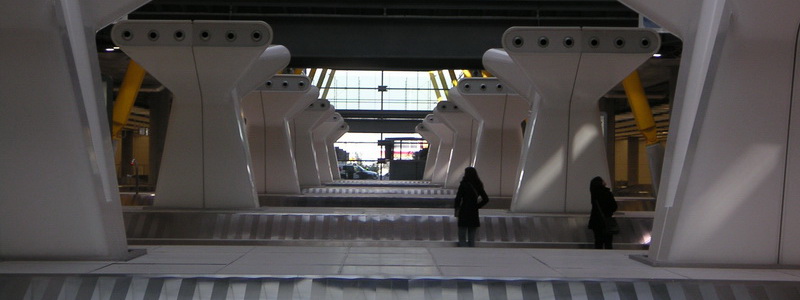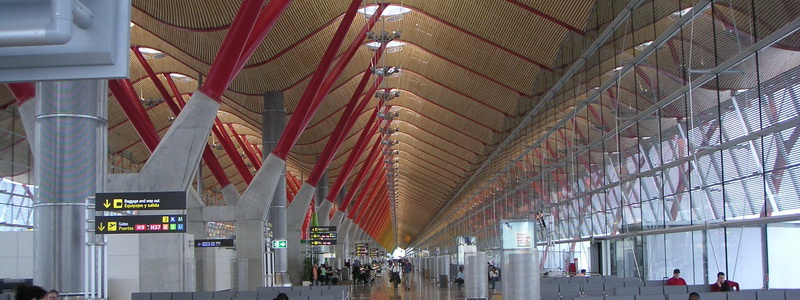Our goal ist to provide you with a tailored analysis regarding all pros and cons to switch to a sustainable operation/production. Reality-proof and without ideologies.
To go for sustainability means to go for the future, to think and plan in larger periods. Nearly all companies can increase their level of sustainability to a considerable amount, compared to their actual level. And we would like to help you to do so. We think that in most of the cases to do so turns out to be, beside other positive aspects, a profitable decision. And if not, we sure will tell you.
Sustainability has become quite a buzzword, so we would like to quote Wikipedias´s definition of the term.
The word sustainability is derived from the Latin sustinere (tenere, to hold; sus, up). Dictionaries provide more than ten meanings for sustain, the main ones being to “maintain", "support", or "endure” However, since the 1980s sustainability has been used more in the sense of human sustainability on planet Earth and this has resulted in the most widely quoted definition of sustainability and sustainable development, that of the Brundtland Commission of the United Nations: “sustainable development is development that meets the needs of the present without compromising the ability of future generations to meet their own needs.” It is usually noted that this requires the reconciliation of environmental, social and economic demands - the "three pillars" of sustainability. This view has been expressed as an illustration using three overlapping ellipses indicating that the three pillars of sustainability are not mutually exclusive and can be mutually reinforcing.
The UN definition is not universally accepted and has undergone various interpretations. What sustainability is, what its goals should be, and how these goals are to be achieved is all open to interpretation. For many environmentalists the idea of sustainable development is an oxymoron as development seems to entail environmental degradation. Ecological economist Herman Daly has asked, "what use is a sawmill without a forest?" From this perspective, the economy is a subsystem of human society, which is itself a subsystem of the biosphere, and a gain in one sector is a loss from another. This can be illustrated as three concentric circles.
A universally-accepted definition of sustainability is elusive because it is expected to achieve many things. On the one hand it needs to be factual and scientific, a clear statement of a specific “destination”. The simple definition "sustainability is improving the quality of human life while living within the carrying capacity of supporting eco-systems", though vague, conveys the idea of sustainability having quantifiable limits. But sustainability is also a call to action, a task in progress or “journey” and therefore a political process, so some definitions set out common goals and values. The Earth Charter speaks of “a sustainable global society founded on respect for nature, universal human rights, economic justice, and a culture of peace.”
To add complication the word sustainability is applied not only to human sustainability on Earth, but to many situations and contexts over many scales of space and time, from small local ones to the global balance of production and consumption. It can also refer to a future intention: "sustainable agriculture" is not necessarily a current situation but a goal for the future, a prediction. For all these reasons sustainability is perceived, at one extreme, as nothing more than a feel-good buzzword with little meaning or substance but, at the other, as an important but unfocused concept like "liberty" or "justice".It has also been described as a "dialogue of values that defies consensual definition".









